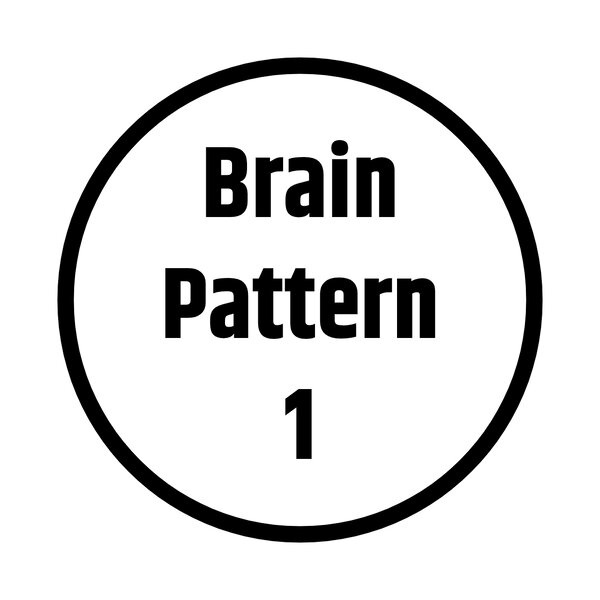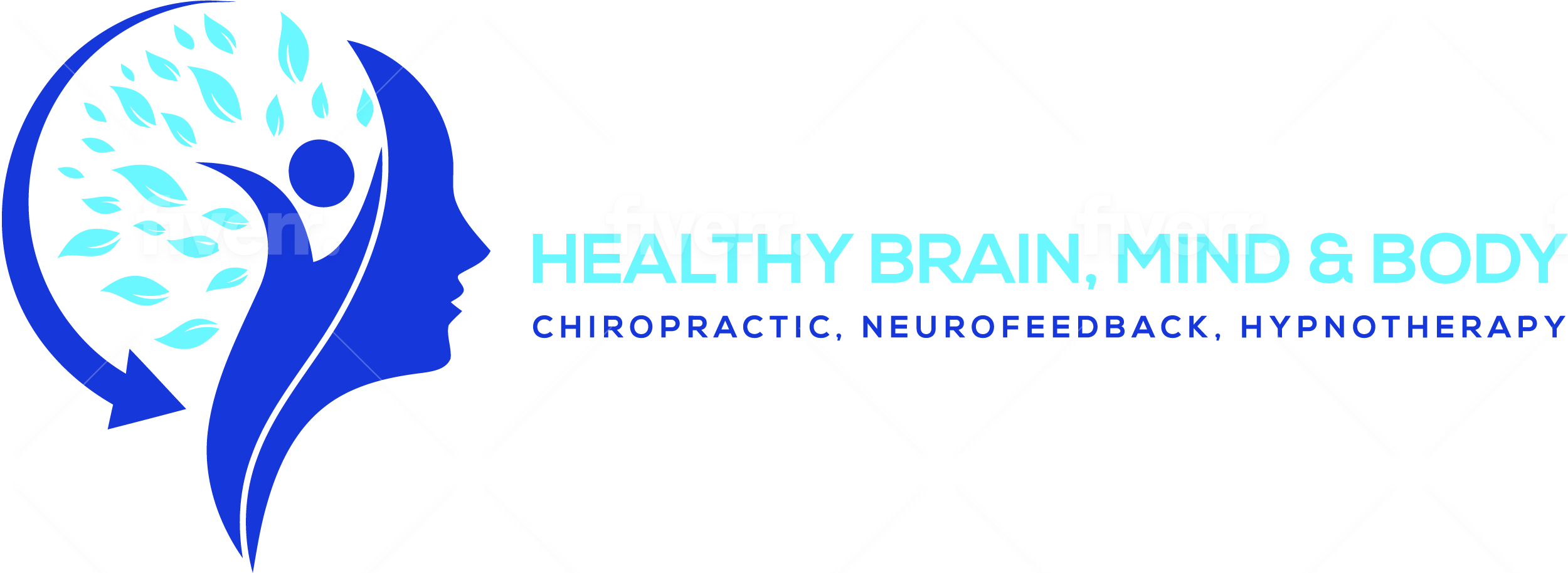
WHAT YOUR BRAIN TYPE SAYS ABOUT YOU. The SPECT scans of individuals with Brain Type 1 typically show full, even, symmetrical activity throughout the brain, with the most activity in the cerebellum—one of the brain’s major processing centers. People with Brain Type 1 tend to live longer because of their high level of conscientiousness. They have what we call a “Balanced Brain.” They do what they say they’re going to do. They show up on time and follow through on tasks they promise to get done. They’re the reliable type of person that you can depend on. Typically, they don’t like taking big risks, nor are they first adopters to new technology. Although it’s possible, they’re not likely to be entrepreneurs or industry disruptors. Instead, they like rules and tend to play by them. One Is Not Done! Although Brain Type 1 is the optimum Brain Type, if you don’t use it, you lose it, so you have to keep it healthy
Your Action Plan
A BETTER BRAIN STARTS NOW.
Improving your brain health is the most important thing you can do for overall health and happiness. Remember, small changes yield big results (especially when it comes to your brain health!), so start right where you’re at. You can dive in headfirst or start a little slower with one change per week.
1. Supplements feed the brain with nutrients it needs that it often doesn’t get from the diet we eat. Although you brain function hasn’t been impacted based on the results of your brain quiz it is important to understand that symptoms of poor brain health only occur when its health is very poor. This is why it is important to ensure even the best functioning brain is feed with the right nutrients to ensure it stays healthy as it ages. For even the healthiest brain we recommend.
- High dose fish oils to 2-4000mg a day
- A multivitamin for 100% of daily needs
- Our very own best seller memory health brain booster to ensure optimum blood flow and neurological functioning
2. REDUCE STRESS
Chronic stress releases hormones that can kill brain cells. Incorporate hypnosis, meditation, and other stress reducing activities.
3. PHYSICAL WORKOUTS
Strengthen your body to boost your thinking, memory and focus, and reduce the risk for age-related cognitive decline. Walking, lifting weights, coordination/balance exercises are good options.
4. SET GOALS & TRACK PROGRESS
Define what motivates you to want to change and refer to it everyday. One of the best ways to do this is to journal your progress. It will keep you on track and headed in the right direction.
5. MENTAL WORKOUTS
Your brain is like a muscle. The more you use it, the stronger it gets! New learning and brain games can help.
6. EXPLORE & UTILIZE
the powerful resources of meditation, hypnosis and music audio recordings, as well as exercises to help you maintain control over your thoughts and focus on the positive aspects of your life.
7. BUILD A COMMUNITY
Spend time with people who inspire, encourage and challenge you. Doing so will create a stronger social support network that will elevate your own personal success! BRAIN HEALTHY NUTRITION Your brain is the most energy-hungry organ in your body, using 25% of the calories you consume. One of the quickest ways to achieve better brain function is learning the right foods to choose and which foods to lose. Eat right so you can think right!
Dietary Recommendations:
Your Type 1 brain needs a diet that is well-balanced between high-quality proteins, complex carbohydrates, and healthy fats. This nutritional approach will support balanced blood sugar and mood, help you maintain focus and motivation, and provide the necessary building blocks for optimal brain health.
- Proteins: wild fish, pasture-raised chicken, turkey and eggs, bison, legumes, etc.
- Healthy Fats: olive oil, MCT oil, avocado oil, coconut oil, avocado, nuts and seeds.
- Carbohydrates: Focus on low-glycemic, high-fiber, unrefined, and organic sources.
- Vegetables: 6-10 servings per day by adding them to meals whenever possible.
- Whole fruits (avoid sweetened dried fruits and condensed fruit juice): 1-2 servings per day
- Gluten-free whole grains(wild/brown rice, quinoa, buckwheat, millet, amaranth, glutenfree whole oats, and teff): 1-2x per day Drink at least half of your body weight (lbs) in ounces of filtered water each day.
MEDICAL DISCLAIMER
This assessment (the Brain Health Assessment, or BHA) is the result of years of practical experience and clinical research. The results, by necessity, are of a general nature and should not be viewed as a substitute for an evaluation or treatment by a competent medical specialist. Self-report assessments have advantages and limitations. This assessment is intended as an information and education tool for you and your loved ones and is not designed to replace your healthcare provider’s professional judgment regarding your health. Always discuss any recommendations with your personal physician. This assessment is not intended to diagnose, treat, or cure any medical condition. Please work with your healthcare provider to determine potential treatment(s) for your specific medical condition(s).

